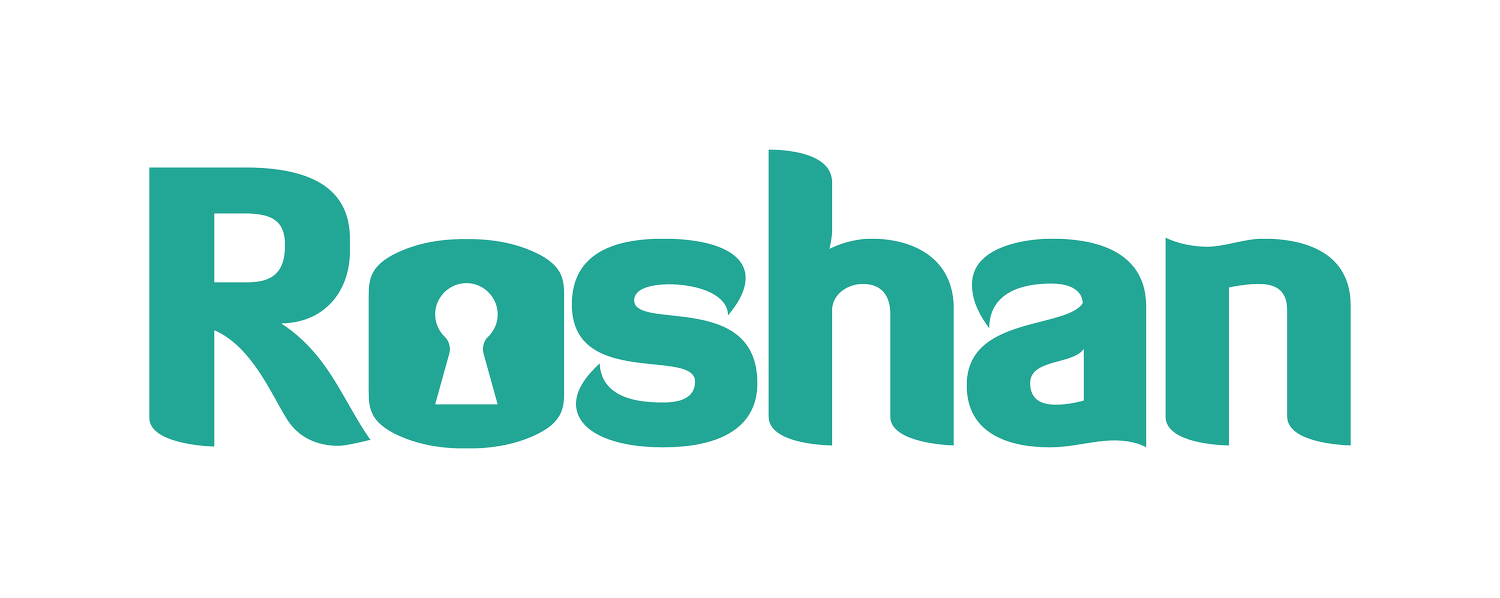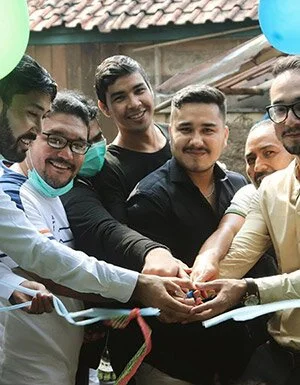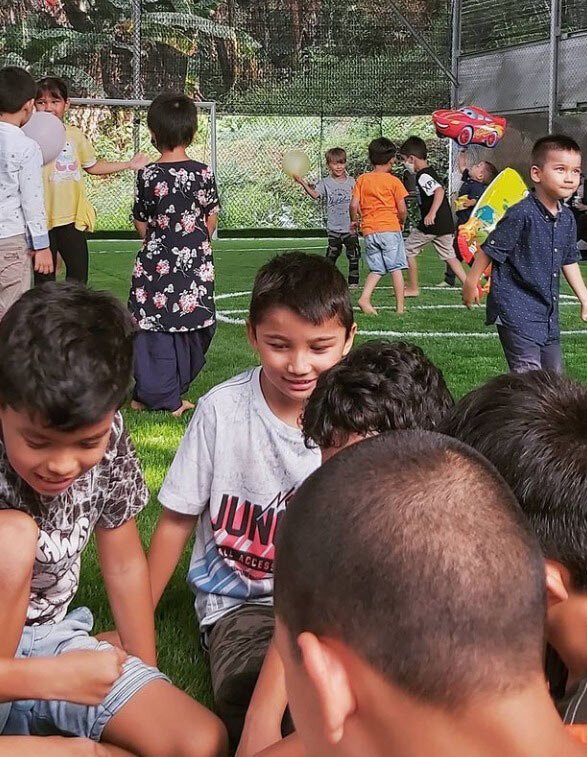Better Spaces for Better Learning
We believe that all refugee children in the greater Jakarta area deserve access to a safe, clean space to play and learn. In reality, however, most live in isolation in small apartments or boarding rooms (kosts), and do not have access to child-friendly spaces. Consequently, refugee children in Indonesia do not have the opportunity to heal from past trauma, interact with a supportive community, or prepare academically for the future. Roshan, and as many as nine other refugee-led learning centers in the greater Jakarta area, have stepped up to fill the gap and provide learning opportunities and support for these children. Each learning center represents a team of inspiring and talented leaders and teachers who are committed to helping their students socially and academically.
Refugee children in the greater Jakarta area deserve access to a safe, clean space to play and learn.
To further enhance the amazing work being done through these learning centers, Roshan partnered with the U.S. Embassy and the Julia Taft Fund to implement the Refugee Child Support Project (RCSP). Through this project we were able to create child-friendly spaces, provide safety equipment, and conduct teacher training in Social Emotional Learning for Roshan and five partner learning centers. Each site was able to design their own plan for child-friendly space improvement to make sure real needs were met. Through the project we were able to directly enhance safety and learning for 858 urban refugees attending six community-based refugee learning centers in the greater Jakarta area.
While each learning center improved their services through Roshan’s project, a few stand out as highlights.
The leadership team at Refugee Learning Nest said that the best way to improve the lives of refugee children and youth was by transforming a concrete slab into a futsal (soccer) and sports field at their learning center. Though it was a fairly simple concept, laying down astroturf and adding basic sports equipment to an empty field, the degree to which it has brought the refugee community together has been inspiring.
By installing the field, they transformed their front yard into a community gathering space. Ahmed, one of RLNs program managers, explains that this has been a dream for their learning center ever since they formed a futsal team years ago. They would play anywhere they could, often in empty lots or on concrete. After purchasing the equipment, the learning center leaders came together to install the grass and repair the fencing around the field. When they opened the field for use they held a community celebration that included a potluck, sporting events for children and youth, and a ribbon cutting ceremony. Since that time in October, they have gathered futsal teams from other learning centers to come and participate in friendly tournaments. Ali shares that the RLN teachers were so excited to have this peaceful, clean, open space that they even moved their planning meetings to the futsal field!
Each learning center was tasked with designing their own child-friendly spaces.
The Refugee Learning Center in Cisarua had been waiting for the opportunity to move out of their old, cramped building with no yard, to a new space that would allow them to enroll new students and provide bright classrooms and an open area for children to play. They had identified a new building with plenty of yard space, but there simply were not enough classrooms to accommodate all of their students, let alone add new students to the center. When discussing plans for the project with Roshan, the leadership team saw their chance to finally make the move they had been dreaming of.
The Refugee Learning Center moved into the new space and with the help of project funding the leadership team was able to build new classrooms, a bathroom, and add children’s furniture for boys and girls. With the new space and equipment, they were able to accommodate all of their students while also adding 40 new students. The community made the most of the funds by volunteering to do the majority of the labor for free. It paid off as their students have new, bright classrooms to learn in and plenty of outdoor space to play. As Saki, the RLC Manager, explains, the students now have the space to be comfortable, play games, and most importantly, feel safe.






